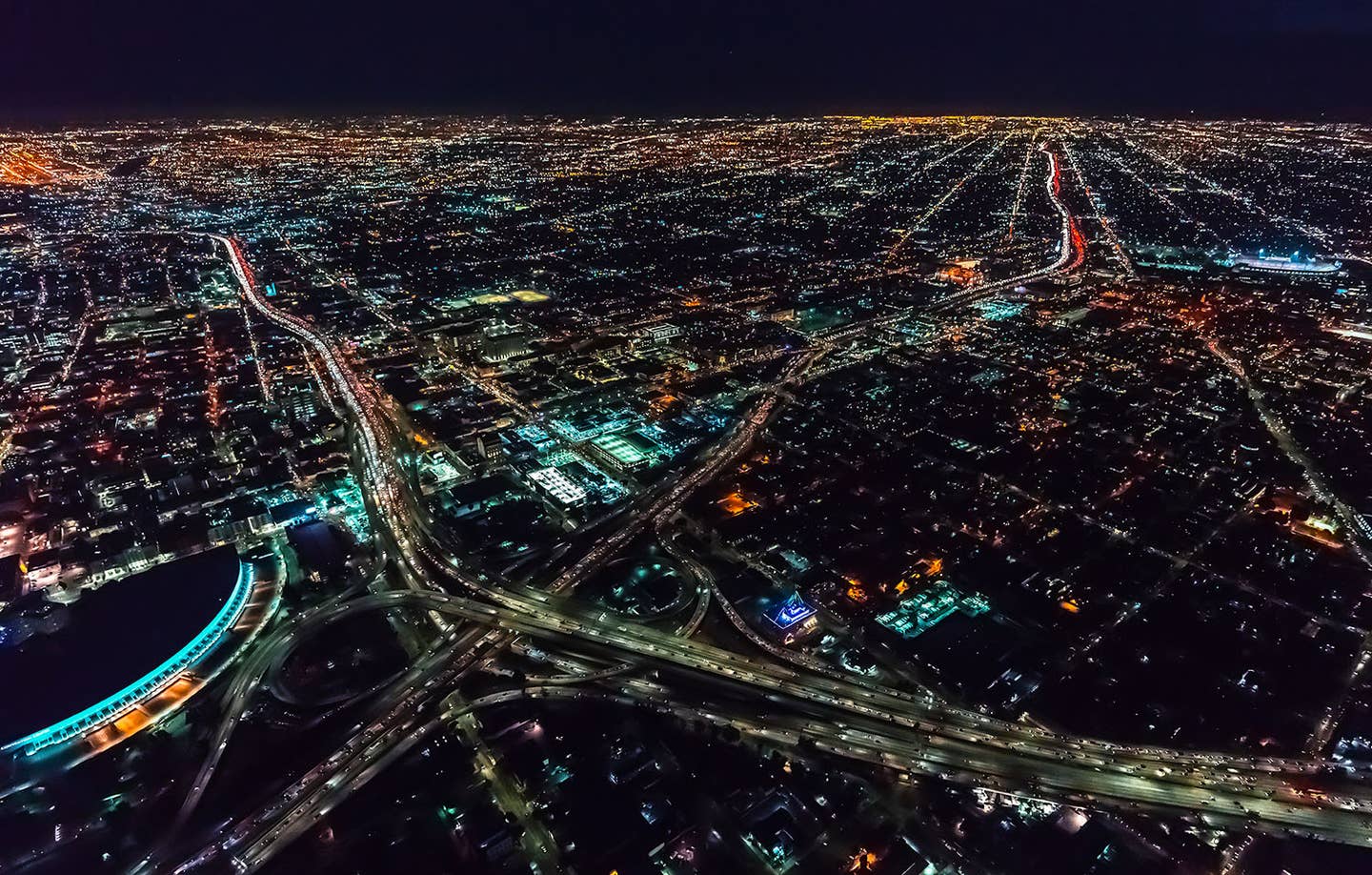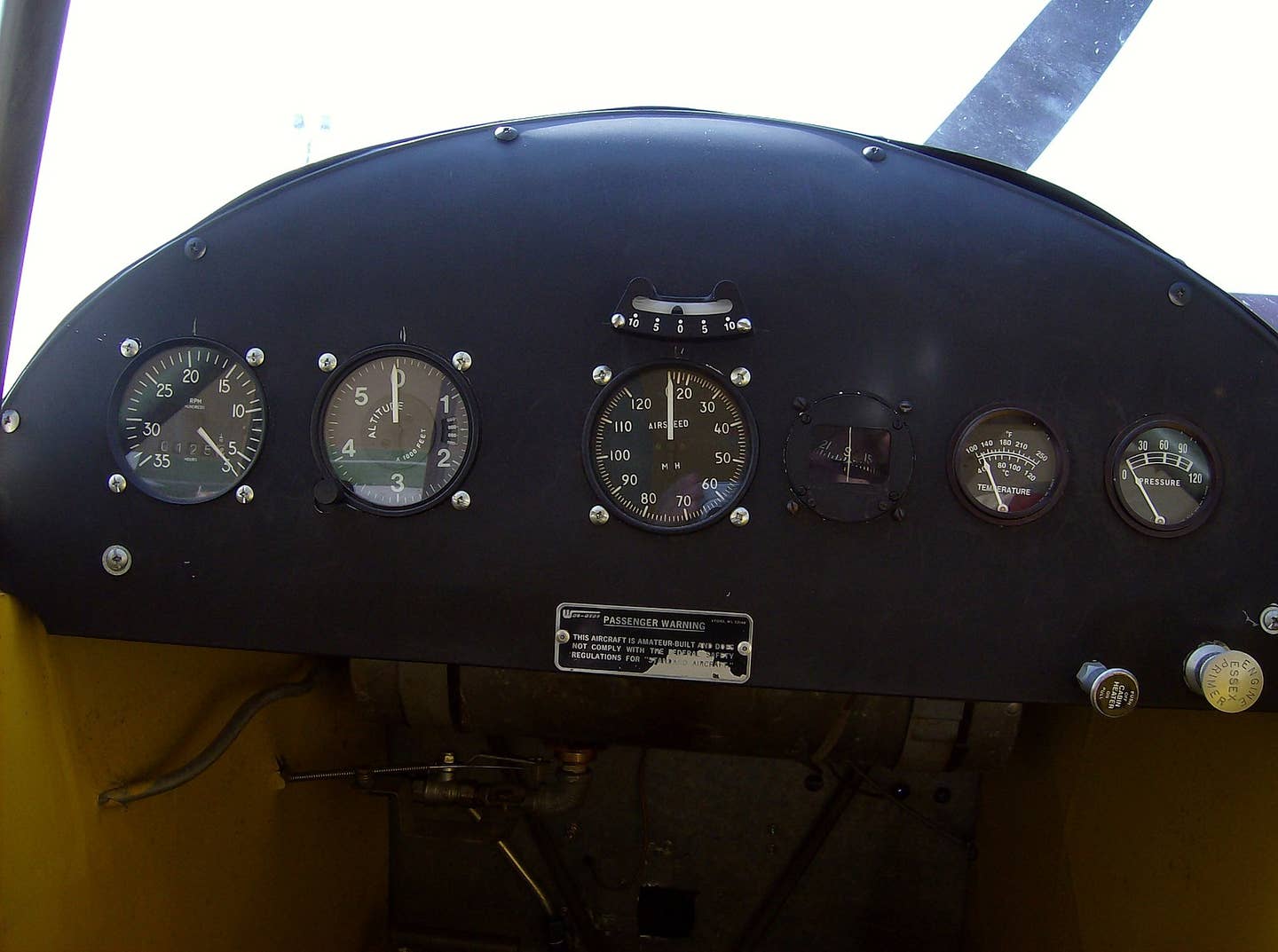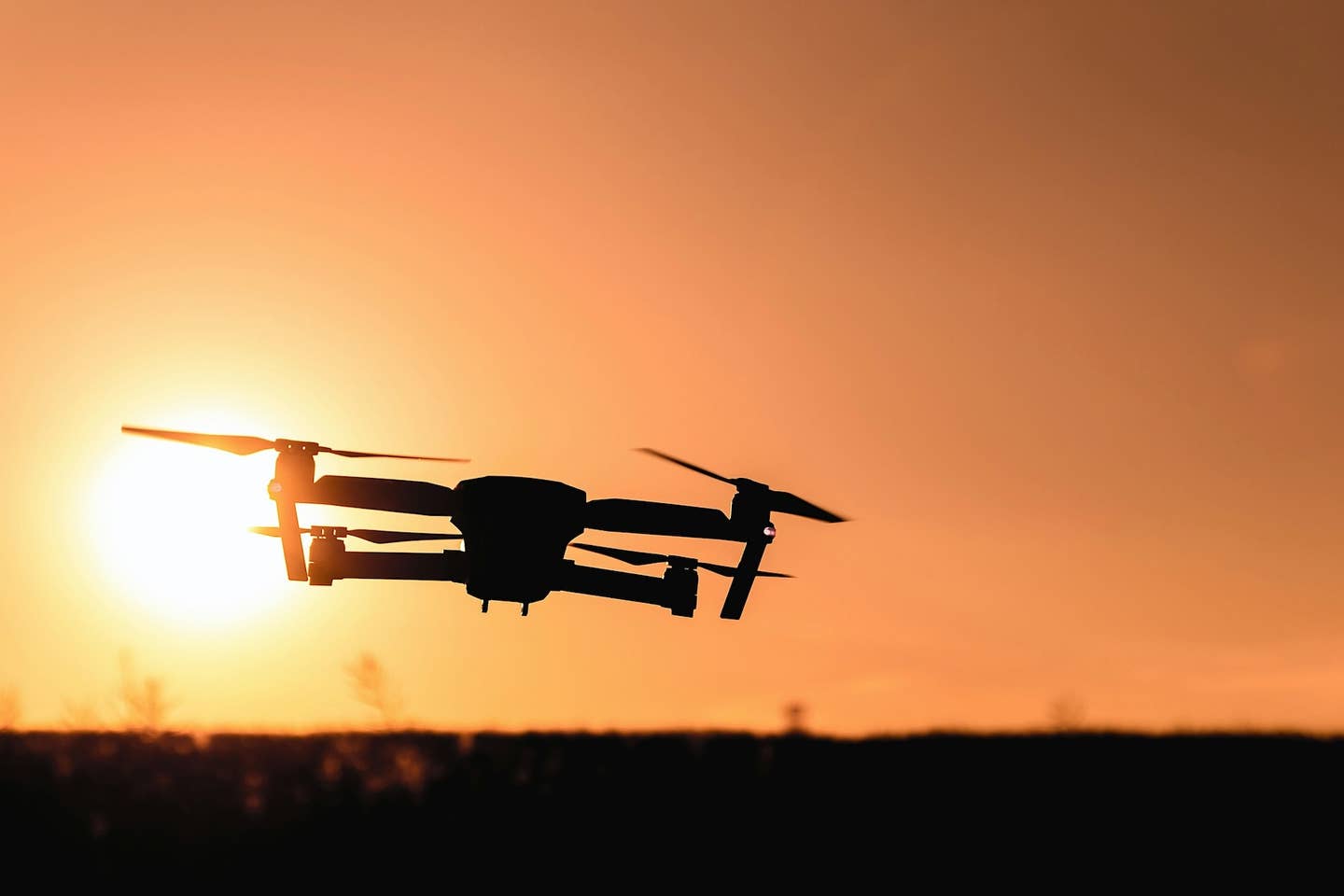
A pilot's business is with the wind, and with the stars, with night, with sand, with the sea. He strives to outwit the forces of nature. He stares with expectancy for the coming of the dawn the way a gardener awaits the coming of spring. He looks forward to port as a promised land, and truth for him is what lives in the stars.
Antoine de Saint-Exupery
It had been quite a while since I spent an entire night flying, and this all-nighter in a Baron from South Florida to Kentucky brought back quite a few memories.
My friend Burt and I were returning to the Bluegrass state in his plane, a moderately aged Beech twin that had been getting an avionics upgrade and a new interior. It had a new smell but not an entirely new airplane fragrance, if you catch my drift.
We spent the day with old airline friends at a beach restaurant, drinking non-alcoholic beverages and eating a parade of appetizers. This was followed by a decent three-hour nap in anticipation of flying home at night.
Why at night? I am glad you asked.
First, we wanted to meet with our friends we almost never got a chance to see. Second, being sleepy at night is about equal to being drowsy during the day. I am always tired, so day or night doesn't matter.
Burt was the champion of late-night flying. He had spent his airline career carrying packages around the globe, mostly at night. Before that, he flew packages around the land of the free exclusively at night. This guy had flown all-nighters so long that the chain had fallen off his diurnal cycle decades ago.
I don't know how many long nights in the cockpits of various slow-piston and faster-turbine aircraft. When I started with my airline as a new hire, our company was known for flying all night with deeply discounted tickets. "Owly Birds," they were called.
It was because we were carrying the U.S. mail anyway, and they thought they could make some extra money by carrying people.
They were right. I don't think I flew an all-nighter with a low passenger count. The planes were packed, the nights were long, the coach meals were burnt, and the skies were bumpy, but we were making bank and paying our bills.
Flying the night away wasn't that bad, really. Once you got into a rhythm of staying awake all night, your body adjusted, and it became kind of like those 11 to 7 shifts my dad worked at the factory when I was growing up. As long as you could get some decent sleep during the day, the nights of flying weren't that bad.
Some pilots bid for all-nighters exclusively. This is because our pay went up a little—a "night override"—if we eschewed sunlight for cash. Older flight attendants bid all-nighters as well so they could be home during the day. I never chose all-night flying. I was junior for so long that it chose me.
My preferred time to fly was very early morning until early afternoon. It was hard to get up early, but doing what my airline called "Early Birds" had these advantages:
• The airplane was always there. If you flew later, there were quite a few delays, which could mean that your plane was not waiting for you at the gate. Your day would start off messed up.
• The thunderstorms usually fire up right about the time you get to the bar or restaurant on your layover.
• Restaurants and bars were open. Late-night arrivals to your layover often left you hungry and thirsty with no drink or food to be found.
• Picking up very early at the hotel sucked, but your ride was on time, and there was no traffic on the way to your airport.
• If you commuted, you got in early enough to have a flight and a backup flight home lined up.
My Baron ride home that night reminded me of why I think flying late has its advantages. Our ride was smooth without convection because the sun was down. We got direct routing from ATC because there wasn't much traffic, and the radio chatter on the Center frequency was minimal because, except for us, FedEx and UPS, nobody was flying.
I remembered those cozy nights as I chomped on a burnt grilled cheese sandwich with sauerkraut (yep, we served that at night) and peered out of the cockpit windows at more stars than people on Earth can imagine.
At top of the descent, Burt and I each had one last coffee from our thermos and shifted in our seats urgently, dreaming of an upcoming visit to a urinal. As with most late nights, we were cleared to the initial approach fix from miles and miles away. The approach lights beckoned, followed by runway and taxiway lights. We shut down, shook hands, and raced each other to the bathroom.






